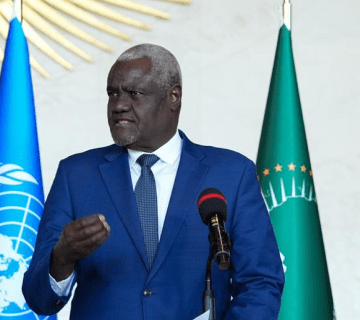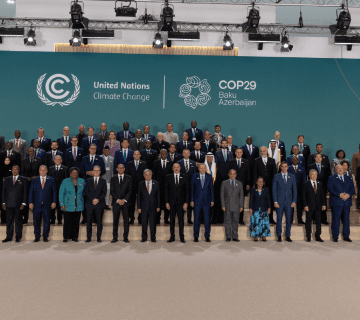As Tanzania’s 2020 general elections approach, President John Magufuli and his ruling party do not intend to modify their controversial and unpopular domestic policies. As a result, Tanzania’s relations with the European Union and other Western powers will likely remain weak for the foreseeable future, cutting the country off from Europe’s foreign aid in the process. Other countries such as China are unlikely to step in and fill the funding gaps left by Tanzania’s eroding relationship with Europe. This has led to the souring of relations between Tanzania and its biggest development partner, the European Union, in recent months, along with the freezing of millions of dollars of aid from Brussels. Tanzania’s ruling government remains focused on securing its power in next year’s general elections, and will thus be reticent to change its ways before then, leaving the country to fend without its major revenue stream.
However, an ever more pressing challenge will be felt in the years ahead as the country’s ruling party, Chama Cha Mapinduzi (CCM), which is the longest reigning political party on the continent, grapples with inevitable electoral losses. Thus far, CCM has maintained its unparalleled dominance at the top of the Tanzania political system, but cracks will form in the years ahead. Indeed, there have already been signs of trouble: the government annulled the results of 2015 elections on the semi-autonomous island of Zanzibar in light of opposition success. How CCM’s future leaders deal with electoral losses will have an outsized influence on the country’s political stability. On the economic front, Tanzania is set to benefit from natural gas projects off its southern coast. The potential windfall in the years ahead (which would also benefit neighboring Mozambique) could serve to increase Tanzania’s coffers and its profile on the continent and beyond.



